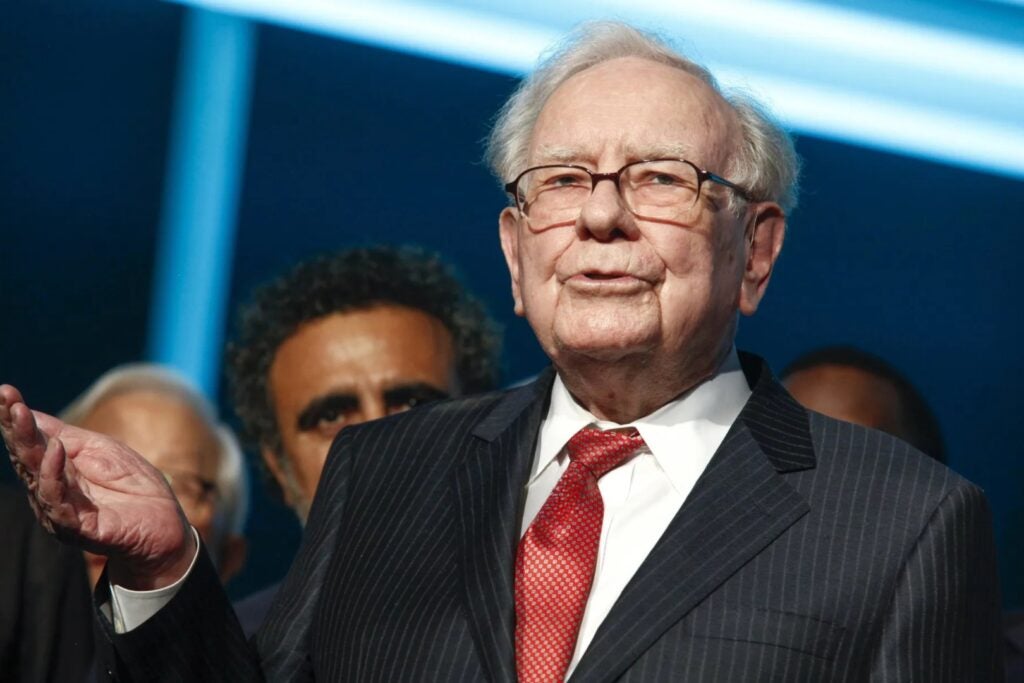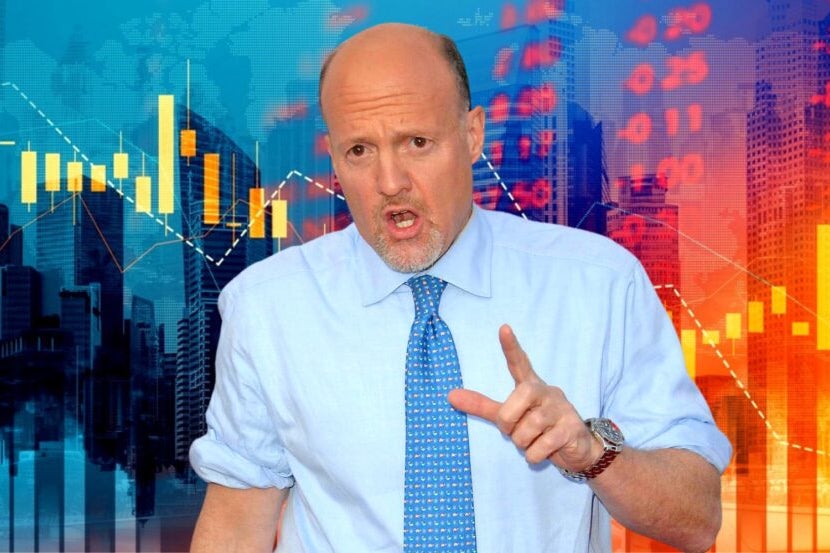4 Minute Read by SYDNEY, Australia (Reuters) – When much of the world was on lockdown due to the coronavirus, Australia was successfully hosting international cricket and tennis competitions in front of sold-out crowds as a demonstration of what life could be like post-pandemic. Phillip Koinis, a travel consultant, sits behind the desk at Oxford Travel Agency in Sydney, Australia, on July 5, 2021, as Australia’s cautious attitude to reopening and slow implementation of coronavirus disease (COVID-19) vaccinations has harmed the tourism business. REUTERS/Stefica Nicol Bikes is a company that sells bicycles. New virus outbreaks, a shambolic vaccine launch, and a tightening of already harsh international travel restrictions have quickly reversed those fortunes. While Londoners watch Wimbledon and the Euro Cup football finals, Australians are dealing with further setbacks, with the Melbourne Formula One Grand Prix being canceled and vacation plans shattered. As Australians watch other nations reopen, corporate and consumer tolerance for the restrictions and uncertainty is swiftly vanishing, unlike last year. “We are one of only two countries in the world where citizens are not allowed to leave, and the other is North Korea, which is not a country I’d want to be pitted against,” Rodger Powell, managing director of tourism and hospitality services consultancy Tourism and Hospitality Services Australasia, said. “There’s a rising tide of dissatisfaction and anger with not being able to go and the complete lack of assurance,” Powell said. Consumers with plenty of cash have been compelled to cancel vacations within their own country as governments close borders in response to even modest outbreaks. The lack of clarity on when Australia will allow international tourism and migration to resume has sparked outrage. Labor shortages are a common complaint among businesses, and institutions are begging international students to return. After containing the virus, the country’s economy reopened faster than planned in 2020. There are more jobs now than there were prior to the epidemic, housing values are at all-time highs, and the building industry is booming. Borders, on the other hand, remained closed, and Australia’s central bank governor, Philip Lowe, described periodic lockdowns as a major source of policy uncertainty this week. “The border closures and the vaccine’s sluggish rollout are hitting individuals on a very personal level,” Lowe said. “It’s harming businesses as well… but I believe we must remember that we will get through this and must be patient.” With only approximately 9% of the country’s population vaccinated so far, the central bank admits it will likely lag behind global rivals in returning to pre-pandemic policy. New Zealand, which closed its borders and had early economic success as a result of the pandemic, has only vaccinated a small fraction of its people so far. Businesses in New Zealand grappling with employee shortages held a “lights out” protest this week, urging the government to relax border restrictions to allow in much-needed personnel. Organisers of the Australian Open are concerned that players may refuse to undergo a two-week quarantine in their Melbourne hotel rooms ahead of next year’s Grand Slam. [L3N2OJ0YX] Nicole Miller, a retiree from Sydney, was so excited when cruises resumed in Australia that she booked five when they reopened. “And they’ve basically all been cancelled one by one,” Miller said, “which is really frustrating because I’d been looking forward to getting back to cruise ships and that lifestyle again.” Miller is not yet vaccinated but plans to be before leaving on a cruise. She says she likes the notion of cruises that only allow passengers who have been vaccinated to join. Business owners agree with her, hoping that speedier immunisation will restore some liberties. “I’m hoping that the more vaccines we get, the more we’ll be able to be a little bit more liberal in our quarantine and departure protocols,” said Philip Koinis, director of Oxford Travel in Sydney. Swati Pandey contributed reporting, and Sam Holmes and Gerry Doyle edited the piece./n
Read MoreAustralia’s slow vaccination, locked borders eclipse early virus success
2021-07-08T02:46:41-04:00July 8th, 2021|





